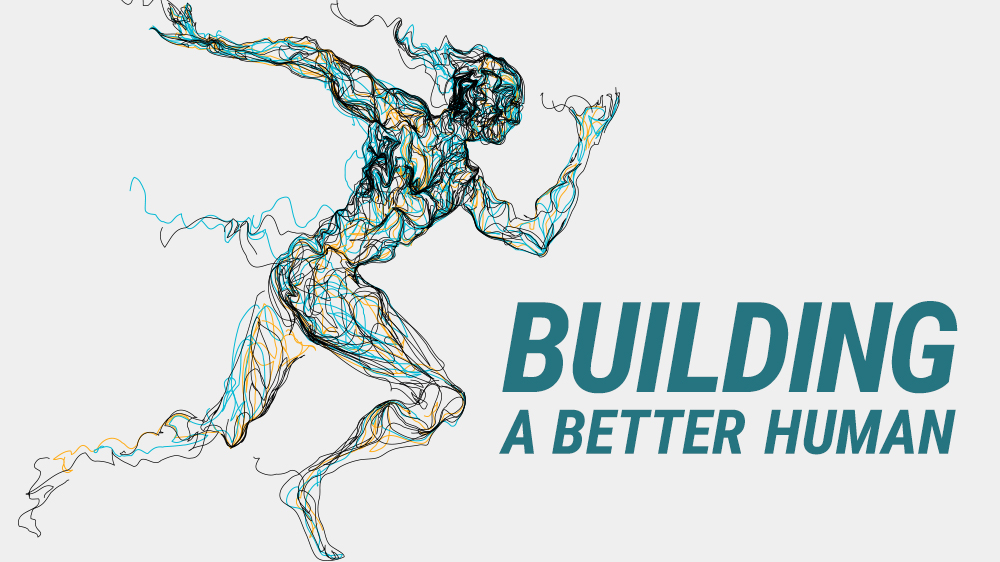The gut and brain are constantly communicating and influencing each other. This interaction is called the gut-brain axis. It means that what goes on in the gut can affect how the brain performs, influencing how we think, feel and behave. In this article, we explore the gut-brain connection and how the brain and the gut, our second brain, influence each other.






























